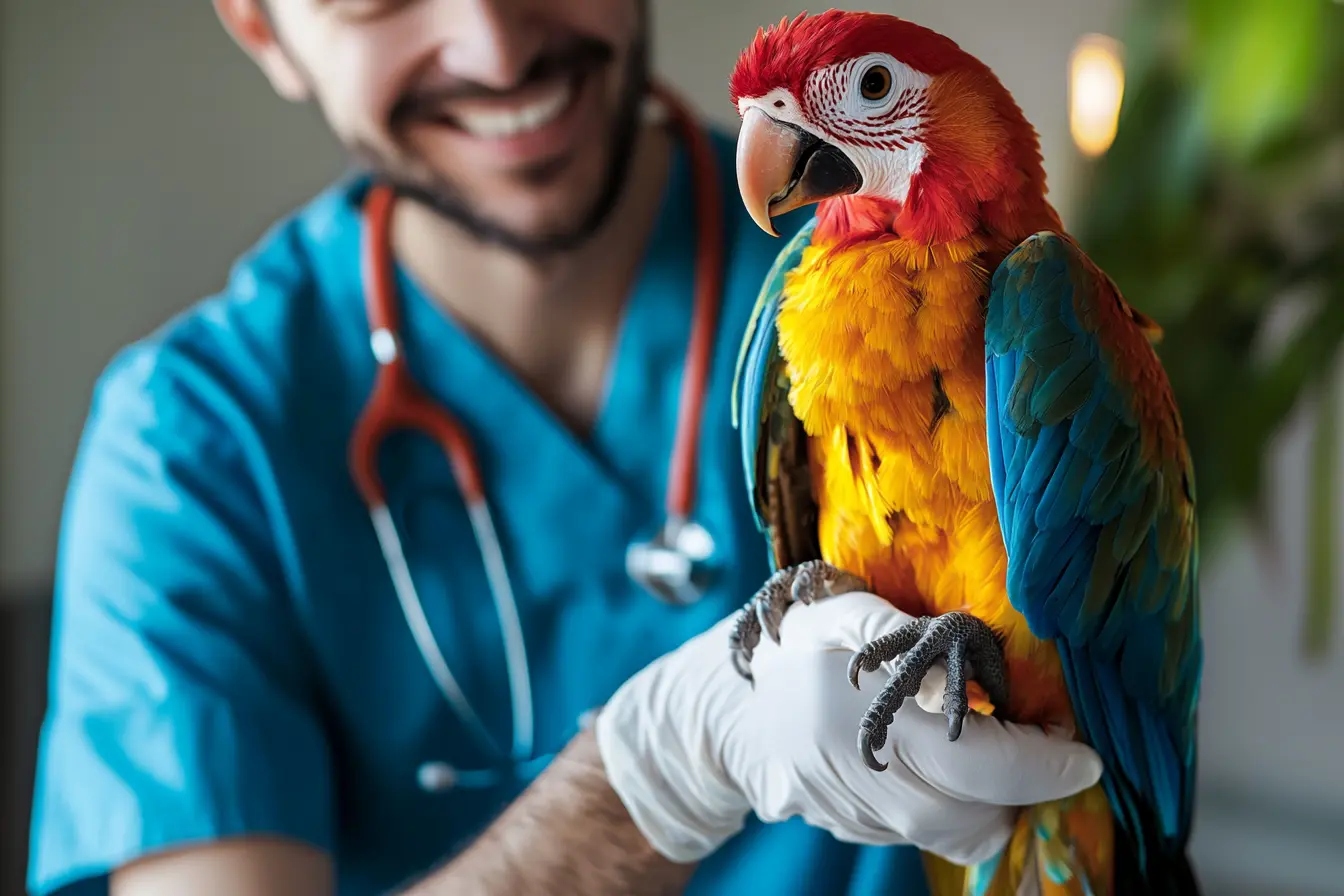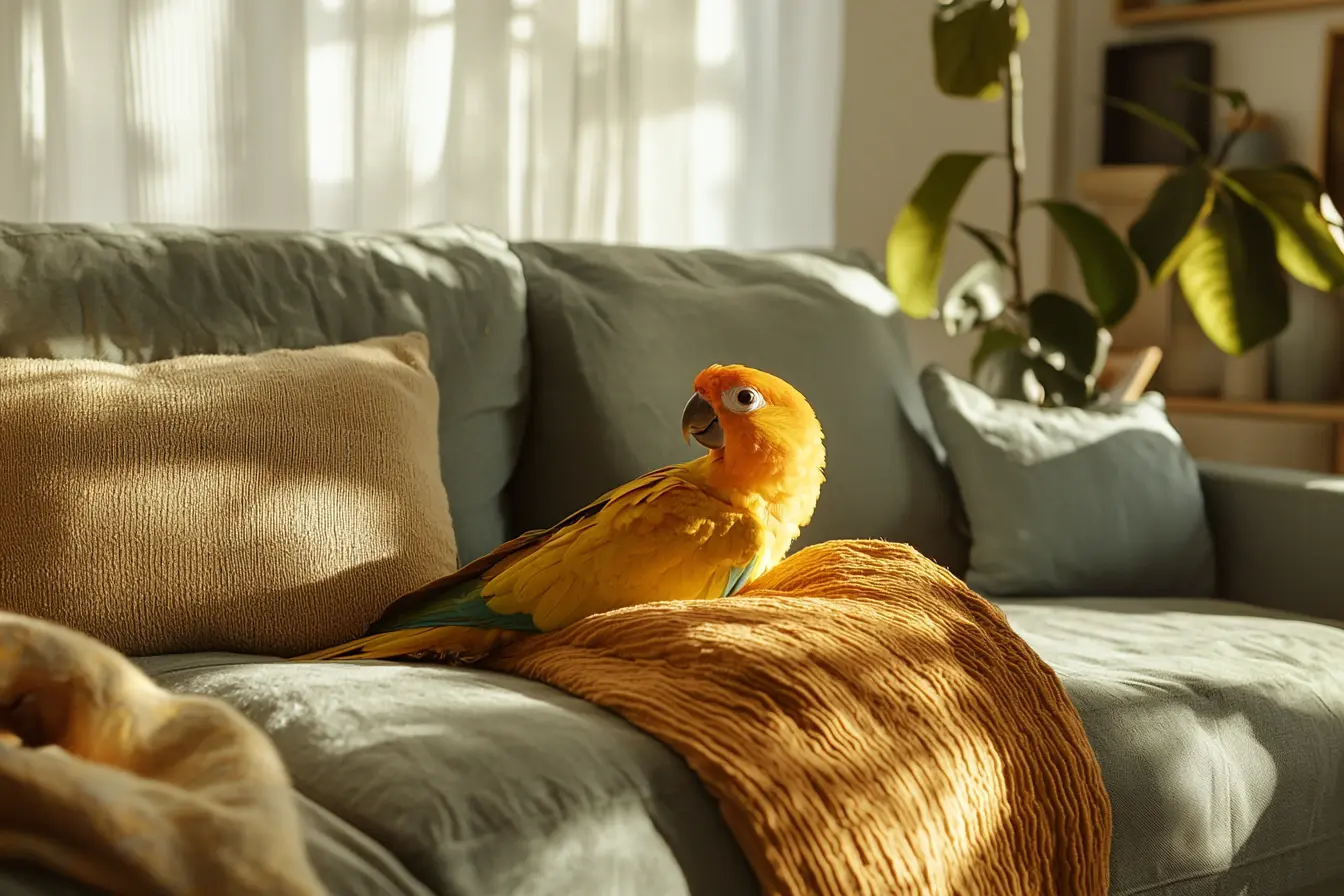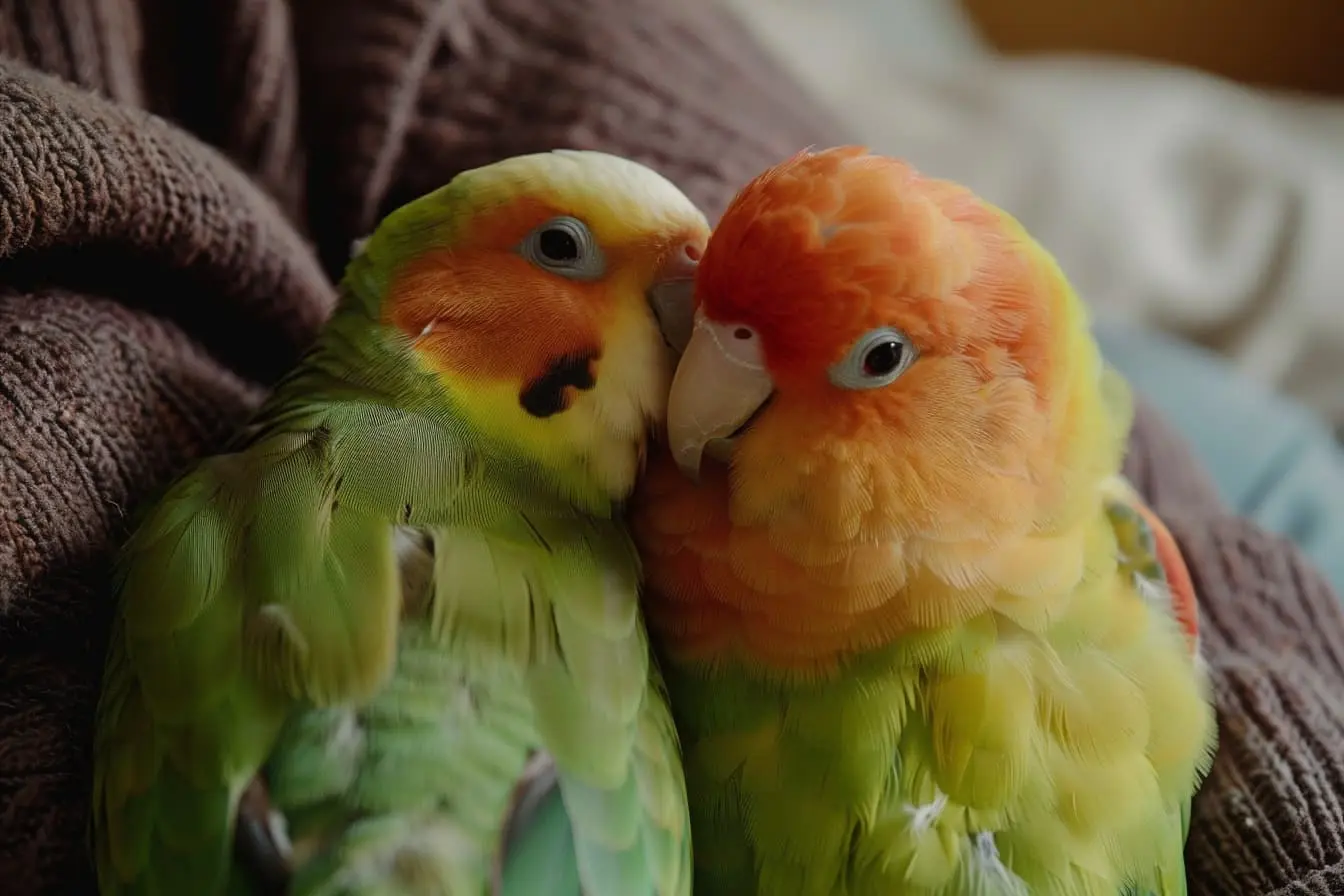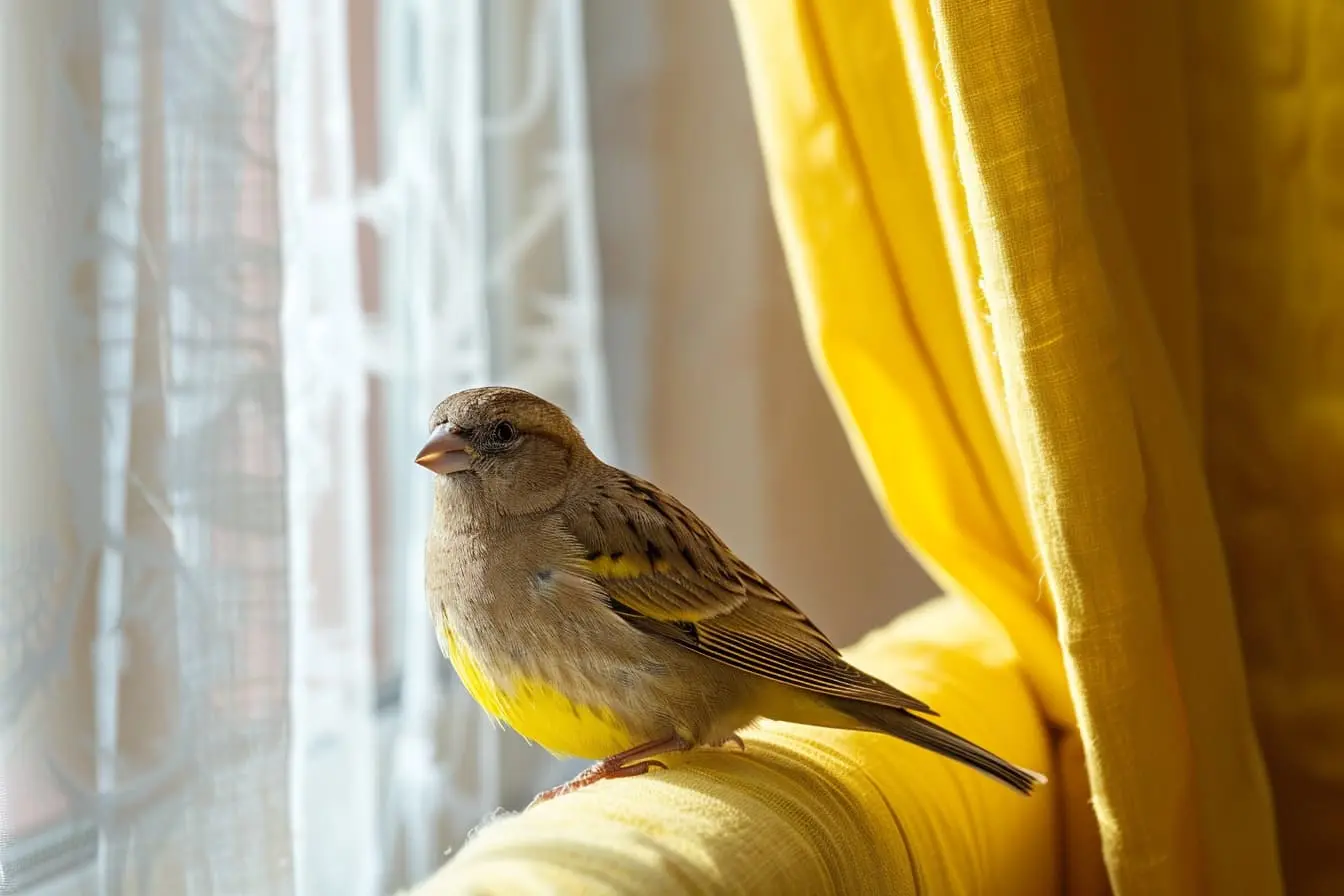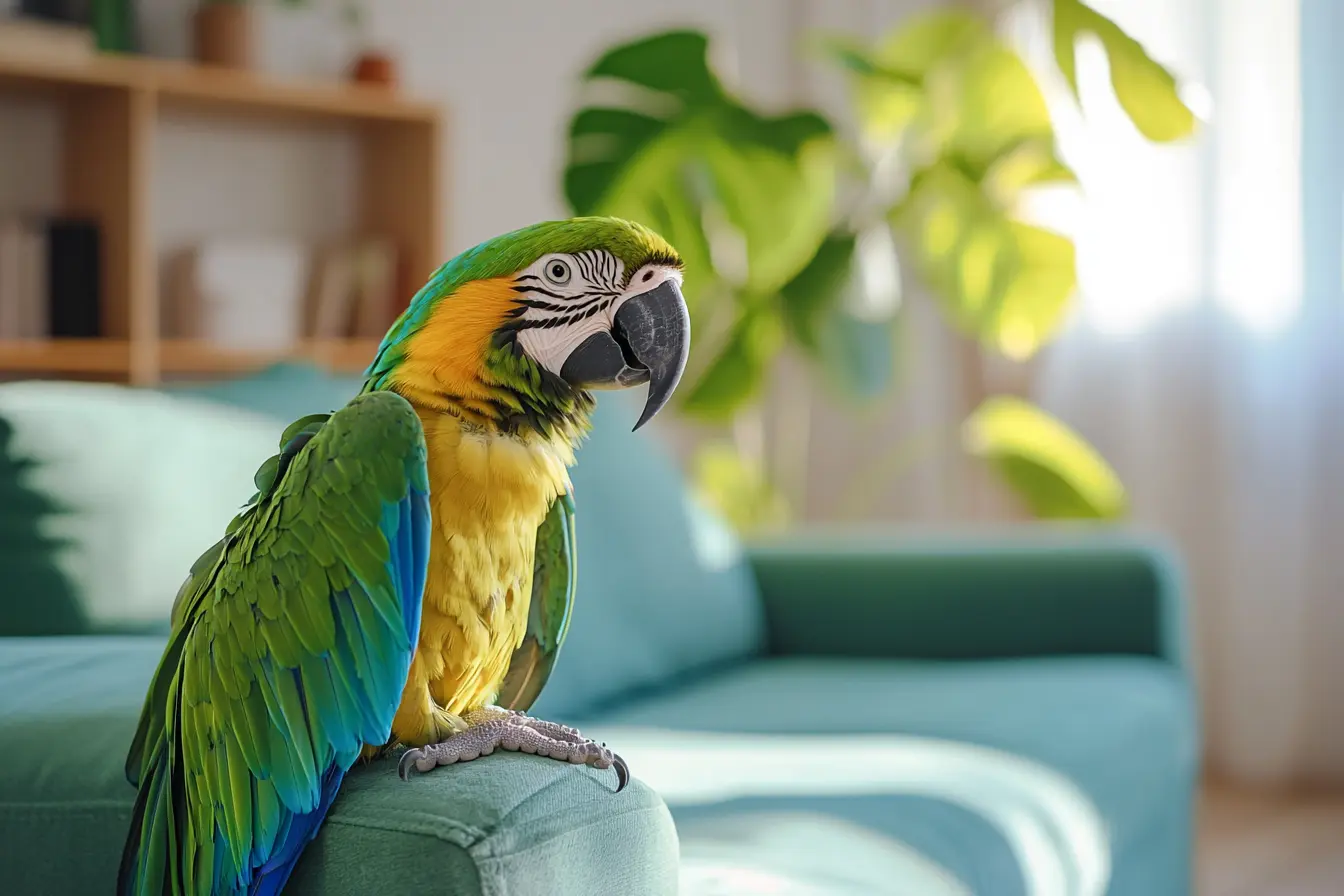
The Ultimate Guide to Owning a Macaw
Macaws are vibrant, intelligent birds known for their striking colours and impressive size. They are one of the most iconic members of the parrot family and can make extraordinary companions. However, owning a macaw comes with significant responsibilities. These birds require dedicated care, considerable space, and long-term commitment, as they can live for 50 years or more. This guide will provide essential information to help you prepare for the rewarding journey of macaw ownership.
Choosing Your Macaw
Types of Macaws
Macaws range from the smaller Hahn's macaw to the majestic and large Blue and Gold, Green-winged, and Hyacinth macaws. Each species has different needs and temperaments, but all share a need for social interaction and mental stimulation.
Where to Buy
- Reputable Breeders: A reputable breeder can provide a healthy, socialised bird and offer ongoing advice and support.
- Specialised Bird Stores: Ensure the store has a good reputation for the care of their birds and knowledgeable staff.
- Rescue Centres: Adopting a macaw can be rewarding. Many rescue birds are looking for a second chance at a loving home.
What to Look For
- Health: Look for an active bird with bright, clear eyes, clean feathers, and no signs of respiratory distress.
- Temperament: Engage with the bird to gauge its personality. Macaws should be alert, responsive, and sociable.
Setting Up Your Home
Cage Requirements
- Size: Macaws need large cages to accommodate their size and wingspan. A cage for a large macaw should be at least 2.5 feet deep by 3 feet wide by 5 feet tall.
- Placement: Place the cage in a social area of your home away from drafts and direct sunlight. Avoid isolation to prevent behavioural issues.
Essentials
- Perches: Provide a variety of perch sizes to help with foot health and comfort.
- Toys: Macaws are highly intelligent and need robust toys that they can chew, destroy, and solve to prevent boredom and encourage physical activity.
- Food and Water Dishes: Use heavy, durable dishes that are difficult to tip over.
Nutrition
Diet
- Pellets: Formulated parrot pellets should make up about 60-70% of a macaw's diet.
- Seeds and Nuts: These can be high in fat and should only be offered in moderation as treats.
- Fresh Foods: Daily offerings of fresh fruits and vegetables are crucial for nutritional balance and variety.
Foods to Avoid
- Avoid avocado, chocolate, caffeine, and foods high in fat and salt, which are harmful to macaws.
Health and Maintenance
Regular Vet Visits
- Establish a relationship with an avian vet for annual check-ups and consult them for any health concerns.
- Signs of Illness: Watch for changes in behaviour, feeding, or stool appearance as indicators of health problems.
Daily Care
- Cleaning: Daily cleaning of the cage and weekly deep cleans are necessary due to the size and messiness of macaws.
- Bathing: Regular showers or baths help maintain feather health and hygiene.
Social Interaction and Training
Interaction
- Macaws are extremely social and require several hours of interaction with their human family each day to stay mentally healthy and happy.
- Socialisation: Introduce your macaw to various people and new situations to help it become well-adjusted and confident.
Training
- Training is crucial for macaws. They can learn tricks, solve puzzles, and some species are capable of mimicking words and phrases.
Legal Considerations
CITES and Local Laws
- Macaws are often covered by CITES regulations due to their status in the wild. Ensure any macaw you purchase has the proper legal documentation.
- Check local UK regulations and guidelines for keeping exotic pets.
Conclusion
Owning a macaw is a significant commitment that should not be taken lightly. These magnificent birds bring a lot of joy and colour to households, but they require a dedicated owner prepared to meet their extensive needs. With proper care, a macaw can be a lifetime companion, offering affection, entertainment, and interaction for many years.
Vets near you
Speciality vets
- Aquatics vet specialists
- Birds vet specialists
- Camelids vet specialists
- Cats vet specialists
- Cattle vet specialists
- Deer vet specialists
- Dogs vet specialists
- Equines vet specialists
- Exotic vet specialists
- Goats vet specialists
- Pigs vet specialists
- Poultry vet specialists
- Sheep vet specialists
- Small Mammals vet specialists
- Wild vet specialists
Vet facilities
- Accessible by public transport
- Blood testing
- Car park nearby
- Client car park
- Dentistry
- Diagnostic imaging
- Disabled public access
- Flea and worm treatments
- Microchipping
- Mobile services
- Neutering
- Open at weekends
- Out-of-hours service
- Referral interests
- Referrals only
- Street parking outside
- Toilets available
- Vaccinations
